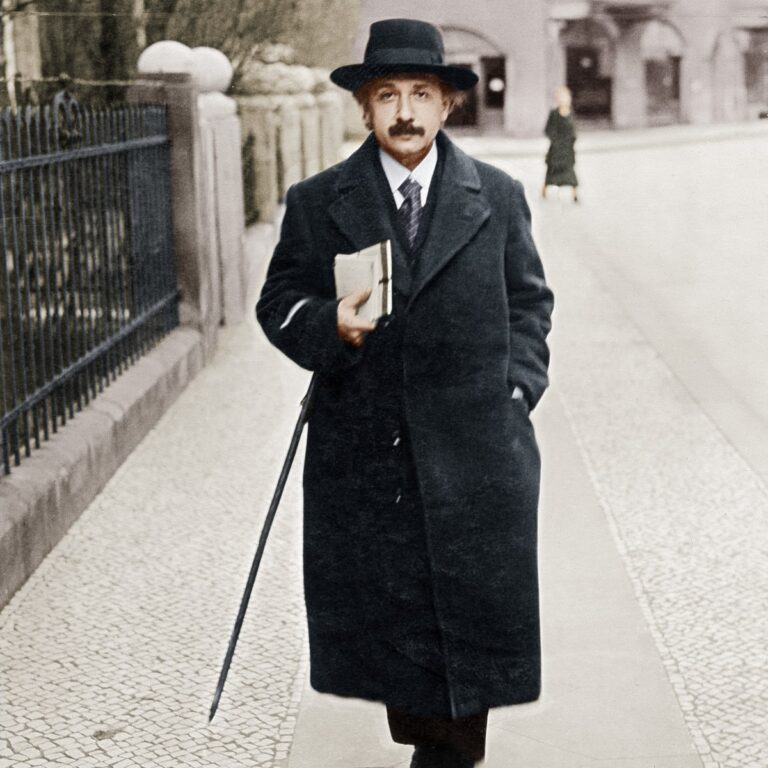Quantum Simulation Software, QuEST, Spans Architectures; Here’s a Comparative Study with Project Q, qHipster, and Quantum++
QuEST and High Performance Simulation of Quantum Computers
Excerpts and salient points ~
+ QuEST, the Quantum Exact Simulation Toolkit, is the first open source, hybrid multi-threaded and distributed, GPU accelerated simulator of universal quantum circuits. Embodied as a C library, it is designed so that a user’s code can be deployed seamlessly to any platform from a laptop to a supercomputer. QuEST is capable of simulating generic quantum circuits of general one and two-qubit gates and multi-qubit controlled gates, on pure and mixed states, represented as state-vectors and density matrices, and under the presence of decoherence. Using the ARCUS and ARCHER supercomputers, we benchmark QuEST’s simulation of random circuits of up to 38 qubits, distributed over up to 2048 compute nodes, each with up to 24 cores. We directly compare QuEST’s performance to ProjectQ’s on single machines, and discuss the differences in distribution strategies of QuEST, qHipster and Quantum++. QuEST shows excellent scaling, both strong and weak, on multicore and distributed architectures.
QuEST is an instance of the class of so-called “direct evolution” simulators, whereby all information of the full quantum state is precisely maintained throughout the simulation.
+ Simulations of quantum computation are performed on a wide variety of classical computational platforms, from standard laptops to the most powerful supercomputers in the world, and on standard CPUs or on accelerators such as GPUs. Which is most suitable for the simulation of a given circuit will depend upon the algorithm being studied and the size of the quantum computer being modeled. To date this has resulted in a number of simulators which typically target one, or a small number, of these architectures. While this leads to a very efficient exploitation of a given architecture, it does mean that should a research project need to move from one architecture to another, for instance due to the need to simulate more qubits, a different simulation tool is required.
+ Classical simulation of quantum computation is vital for the study of new algorithms and architectures. As experimental researchers move closer to realising quantum computers of sufficient complexity to be useful, their work must be guided by an understanding of what tasks we can hope to perform. This in turn means we must explore an algorithm’s scaling, its robustness versus errors and imperfections, and the relevance of limitations of the underlying hardware. Because of these requirements simulation tools are needed on many different classical architectures; while a workstation may be sufficient for the initial stages of examining an algorithm, further study of scaling and robustness may require more powerful computational resources. Flexible, multi-platform supporting simulators of quantum computers are therefore essential.
Content may have been edited for style and clarity.

